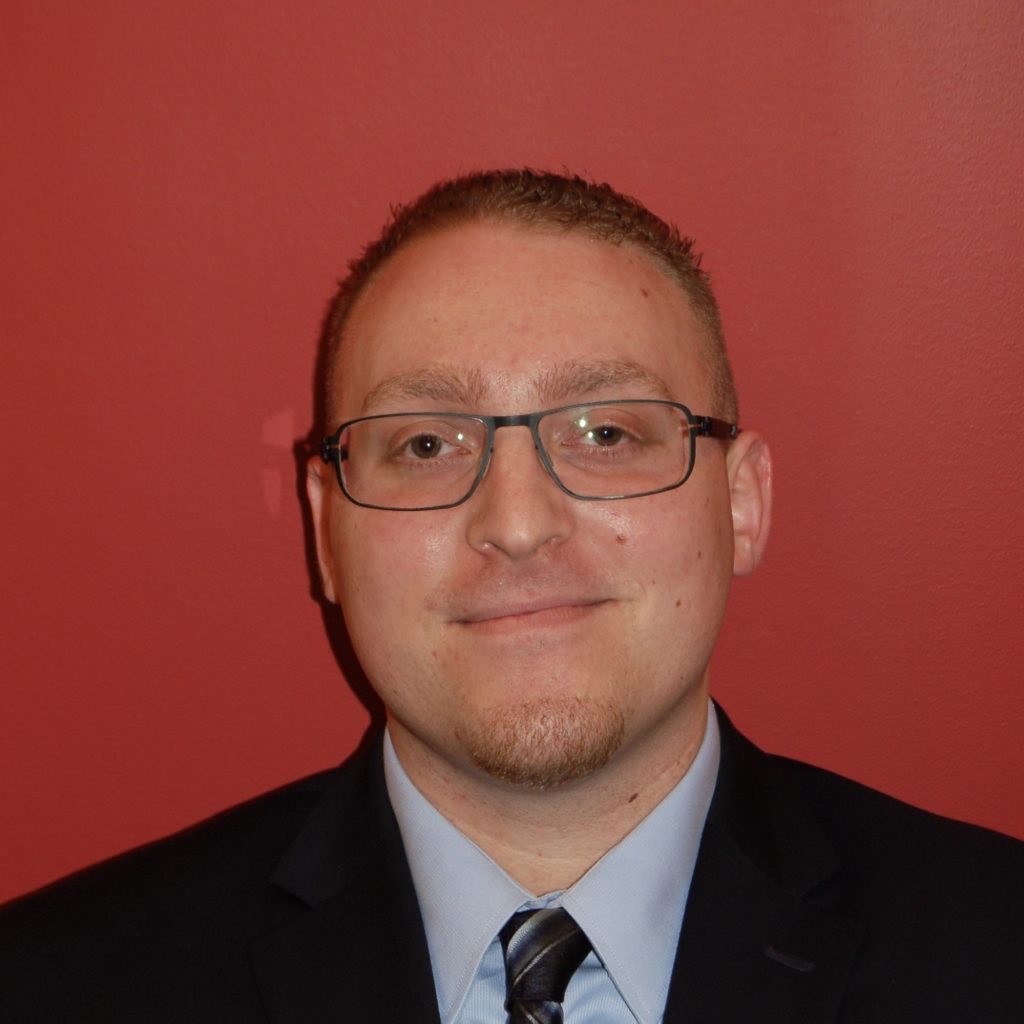The Nurse Anesthesia DNP program begins in May and can be pursued full-time in 36 months (three years). To graduate, you must complete the following requirements:
- 85 credits
- 2,800 clinical hours
- 500 mentored hours devoted to your DNP project*
In-person classes meet at our Newark campus.

The Rutgers nurse anesthesia program provides students not only a strong academic and clinical foundation but also the tools and skills needed to become a future leader within the CRNA community. The mentorship, networking, and professional advancement opportunities are truly second to none.
Nicholas Barone, DNP, APN, CRNA
Program Graduate
Curriculum Phases
Our 36-month curriculum is divided into two phases: didactic (first 12 months) and clinical specialty (final 24 months).
Didactic Phase – The curriculum begins with a didactic phase during which many of the DNP core and scientific foundation courses are taken, providing the underpinnings for, and introduction to, the specialized curriculum that follows. There are eleven courses (32 credits) in the didactic phase that will be available in either distance format or in an executive model that combines web-based learning with face-to-face instruction.
Anesthesia Clinical Specialty Phase – The final 24 months of study include 39 credits of didactic course work and 14 credits of clinical anesthesia practicum. These courses are offered only in the traditional or hybrid format, and are taken as part of a full time course of study. Classes, lectures, simulation labs and workshops are held on the RBHS campus in Newark NJ. All of these courses concentrate on nurse anesthesia practice or on the development and implementation of the scholarly DNP project. The progression of didactic anesthesia specialty courses logically prepares students with the knowledge base essential to safe practice prior to, and as they enter, the clinical practicum; and then expands that knowledge base to include more complex topics in anesthesia. Students are well equipped to maximize their clinical learning experiences, implement evidence based practice and develop individual competence. A challenging clinical practicum consisting of a minimum of 2500 hours is offered at twenty premiere clinical affiliates in Northern New Jersey and the New York metropolitan area. Specialty rotations in cardiovascular/thoracic, neurosurgical, pediatric, and obstetrical anesthesia provide experiences that encompass the full scope of anesthesia practice. General anesthesia, sedation, spinal, epidural and peripheral nerve blocks are administered to patients of all ages, all levels of acuity, and for an extensive variety of procedures from simple elective surgeries to highly complex and emergent procedures.
